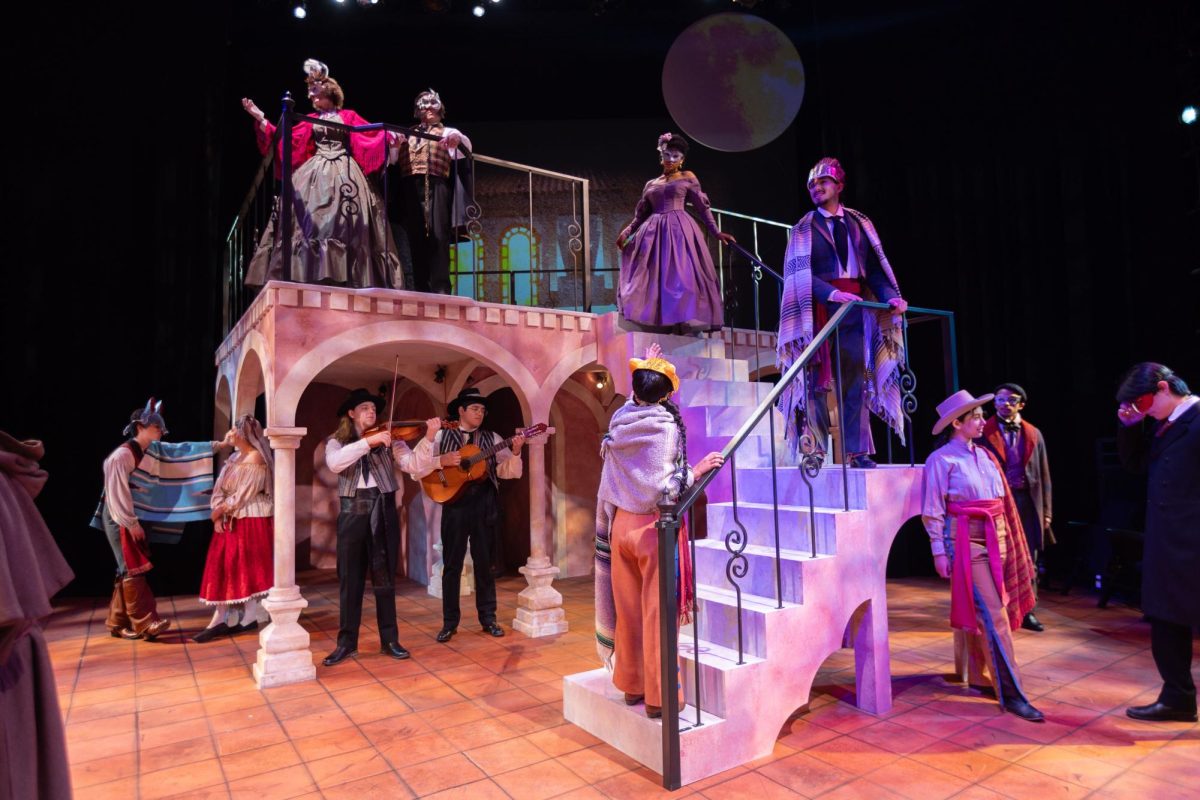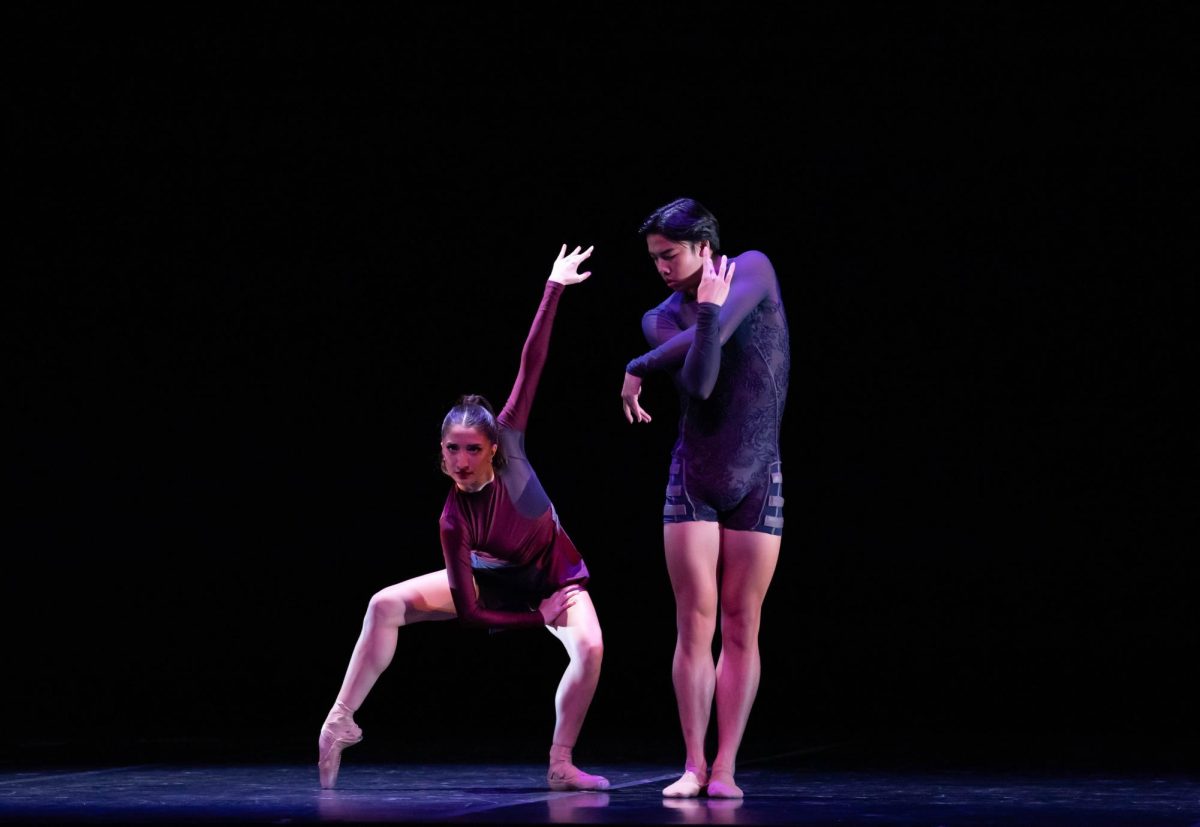As a young Latina actress in the ‘90s, KJ Sanchez felt left out of casting in Eurocentric classic plays. It wasn’t until she landed the role as Juliet in a production of “Romeo and Juliet” that she started to realize the language of Shakespeare was as much her own as it was anyone else’s. From there, Sanchez set out to create space for everyone to feel connected to classic texts the way she managed to.
Through this passion, Sanchez recently co-created the bilingual adaptation “Romeo y Juliet.” The adaptation follows two young girls, Romeo and Juliet, who fall in love in 1848 Alta, California, a place that does not accept their love. UT Theatre and Dance will produce nine performances of the play, which has only been put on in California, from Wednesday until April 21. Though Sanchez acts as a creator of the production and the area head of playwriting and directing at UT, the production lies in the hands of many of her former students.
“It’s really a wide variety of people working on the show,” Sanchez said. “And my hope is that all of them get a chance to really sharpen their skills because they’re speaking in both Shakespeare-heightened text and Spanish text. They get to code switch between two really sophisticated languages.”
Theater studies senior Valeria Najera Zavala, Sanchez’s former student who plays Romeo, said her first language is Spanish. When she moved from Mexico to the US, she said participating in theatre and speech helped her get a better grasp of English. However, Zavala never had the chance to perform in a Spanish production before “Romeo y Juliet.”
“We are Latinos (in the cast), but we don’t all speak fluent Spanish and we’re still learning,” Zavala said. “So, it’s honestly wonderful to help others feel more connected with their cultural identity by helping them with pronunciation or teaching them meanings to the new words they’re learning. … Just to be surrounded by other people who understand you (is super cool).”
Similarly, acting junior Karla Bermudez, who plays Juliet, said she appreciated the community the production’s cast provided. She felt especially excited when some of her castmates recognized Argentinian comic character Mafalda in her notebook, which inspired them to read the comic together during rehearsal break.
“It was so fun,” Bermudez said. “It was nice bonding over something that I cherish a lot that the immediate people around me don’t understand. (The play) really brought us together as a Hispanic community within the theatre department.”
While Bermudez appreciates the connections she’s been able to build with her castmates because of the play’s premise, she said she also hopes the audience can form a significant connection with their performances.
“I hope they’re able to leave with an appreciation for Shakespeare, Spanish (and) the hard work that was put in by everyone,” Bernmudez said. “Everyone has been busting their butts off to make this a magical and beautiful production.”














